Books Like No Longer Human
For readers captivated by the raw existentialism of 'No Longer Human', this collection delves into the depths of alienation, identity crisis, and the human condition. Each book offers a poignant exploration of societal disconnection, introspective self-doubt, and the struggle for authenticity in an indifferent world. Unravel the complex tapestry of flawed protagonists seeking meaning amidst the chaos, providing a deeply introspective experience that lingers long after the final page.
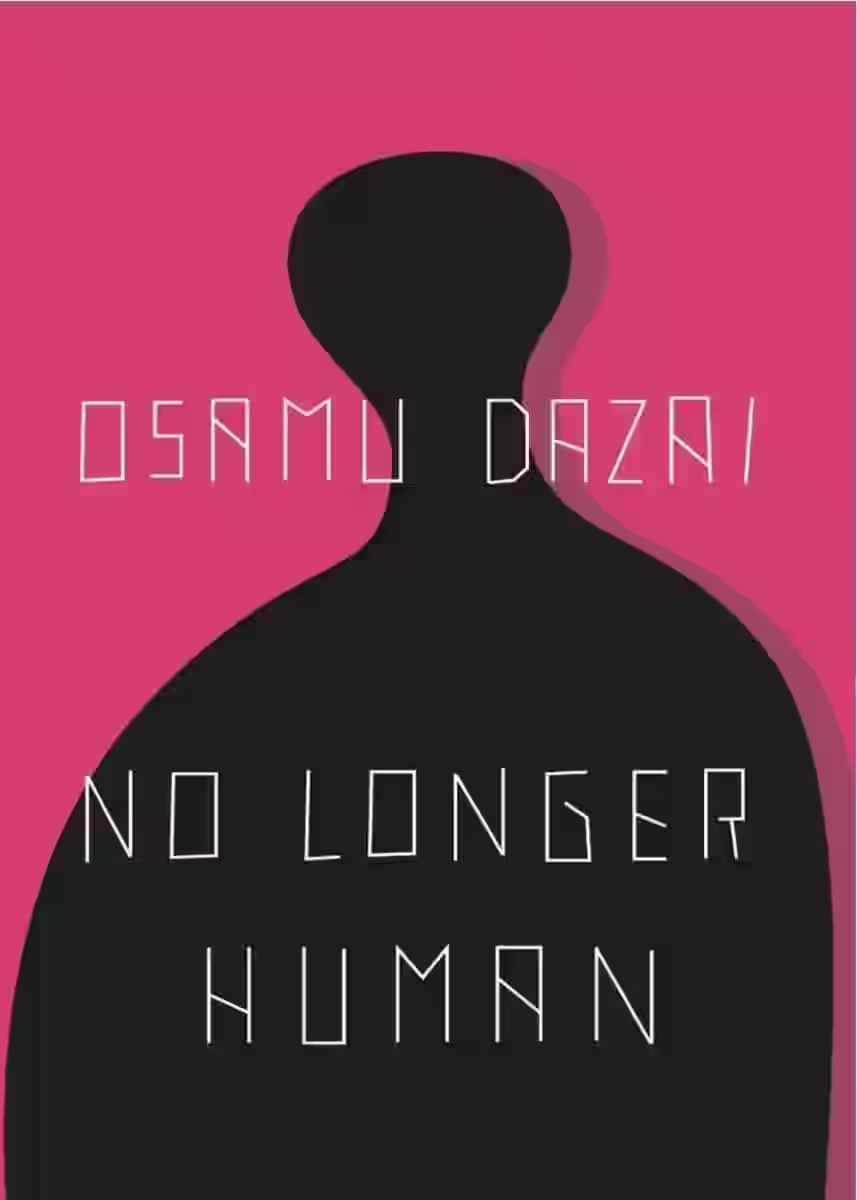
"No Longer Human" by Osamu Dazai is a profound exploration of alienation and identity, delving into the life of its protagonist, Ōba Yōzō. The novel takes the form of a confessional as Yōzō recounts his struggles with societal expectations and his own sense of worthlessness. Dazai's introspective style reveals Yōzō's descent into despair, providing a raw and unsettling portrait of a man who feels disconnected from the world. Themes of nihilism, mental illness, and the search for authenticity are intimately portrayed, making this work resonate deeply with readers who grapple with similar existential questions. "No Longer Human" is a poignant, haunting narrative that offers a mirror to the depths of human vulnerability and ultimately remains a timeless contribution to modern literature.
Similar Books You Might Enjoy
If you enjoyed No Longer Human, you might also like these books.
Discover your next great read from our curated selection of similar books.
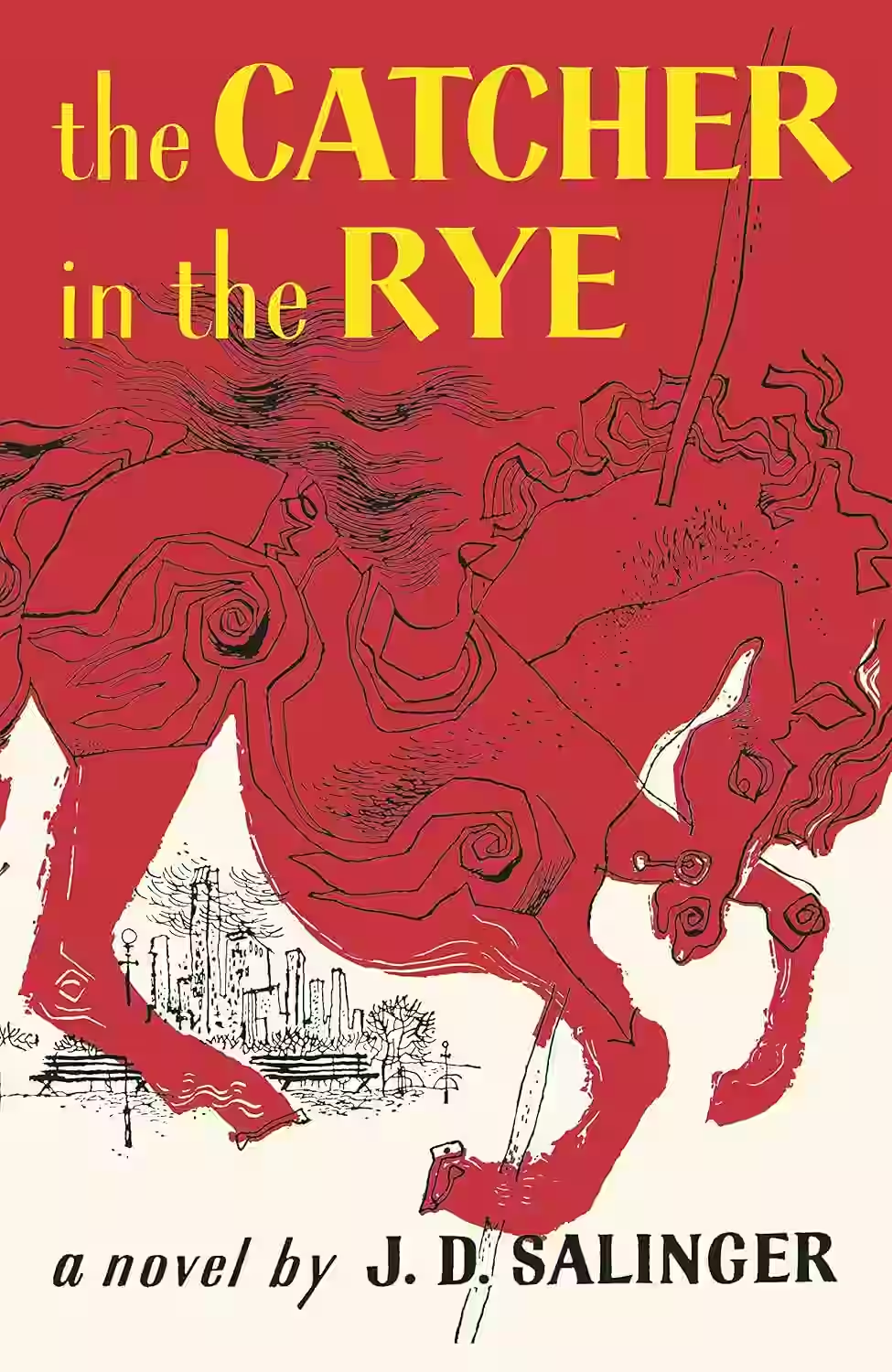
A profound exploration of adolescent alienation follows sixteen-year-old Holden Caulfield through three days in New York City after being expelled from his boarding school. As he encounters various characters and situations, Holden struggles with questions of identity, connection, and the loss of innocence, all while fighting against what he sees as the adult world's "phoniness."
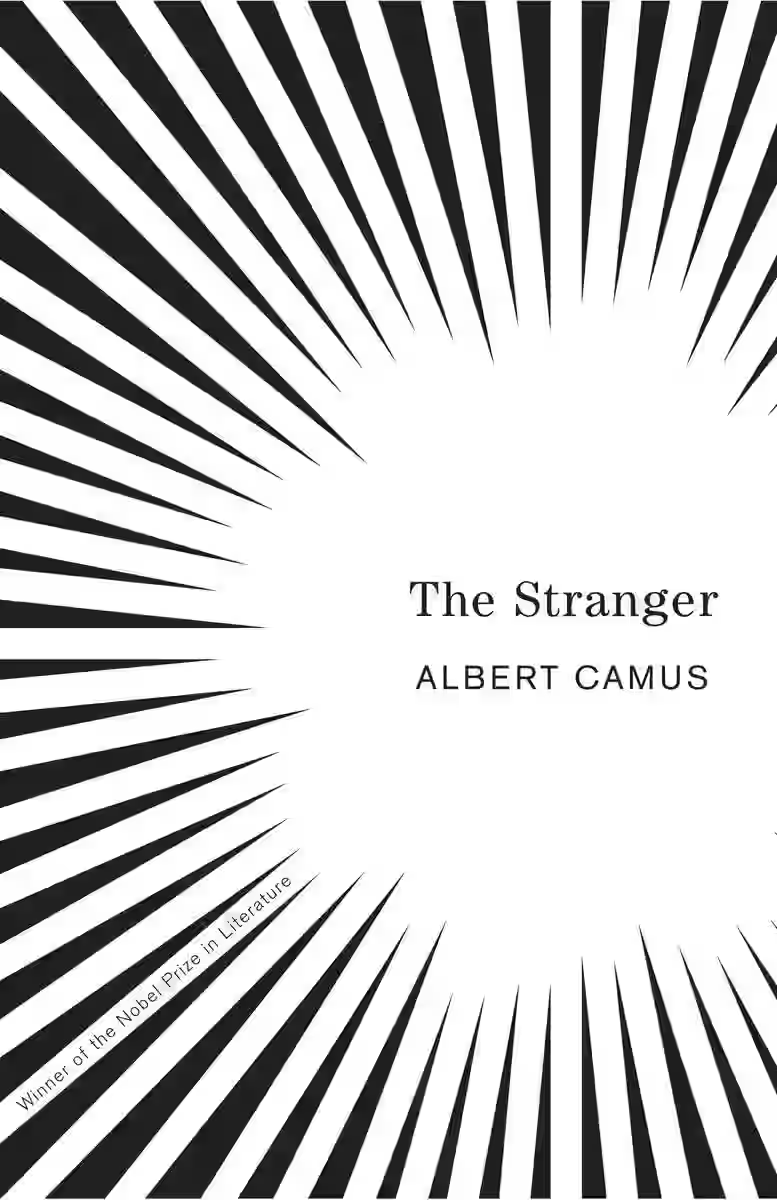
The Stranger plunges into the detached existence of Meursault, an apathetic man who reacts indifferently to his mother's death and subsequently commits a seemingly random act of violence. Albert Camus's existential masterpiece explores themes of absurdity, societal judgment, and the search for meaning in a meaningless universe through Meursault's stark and unsettling narration.
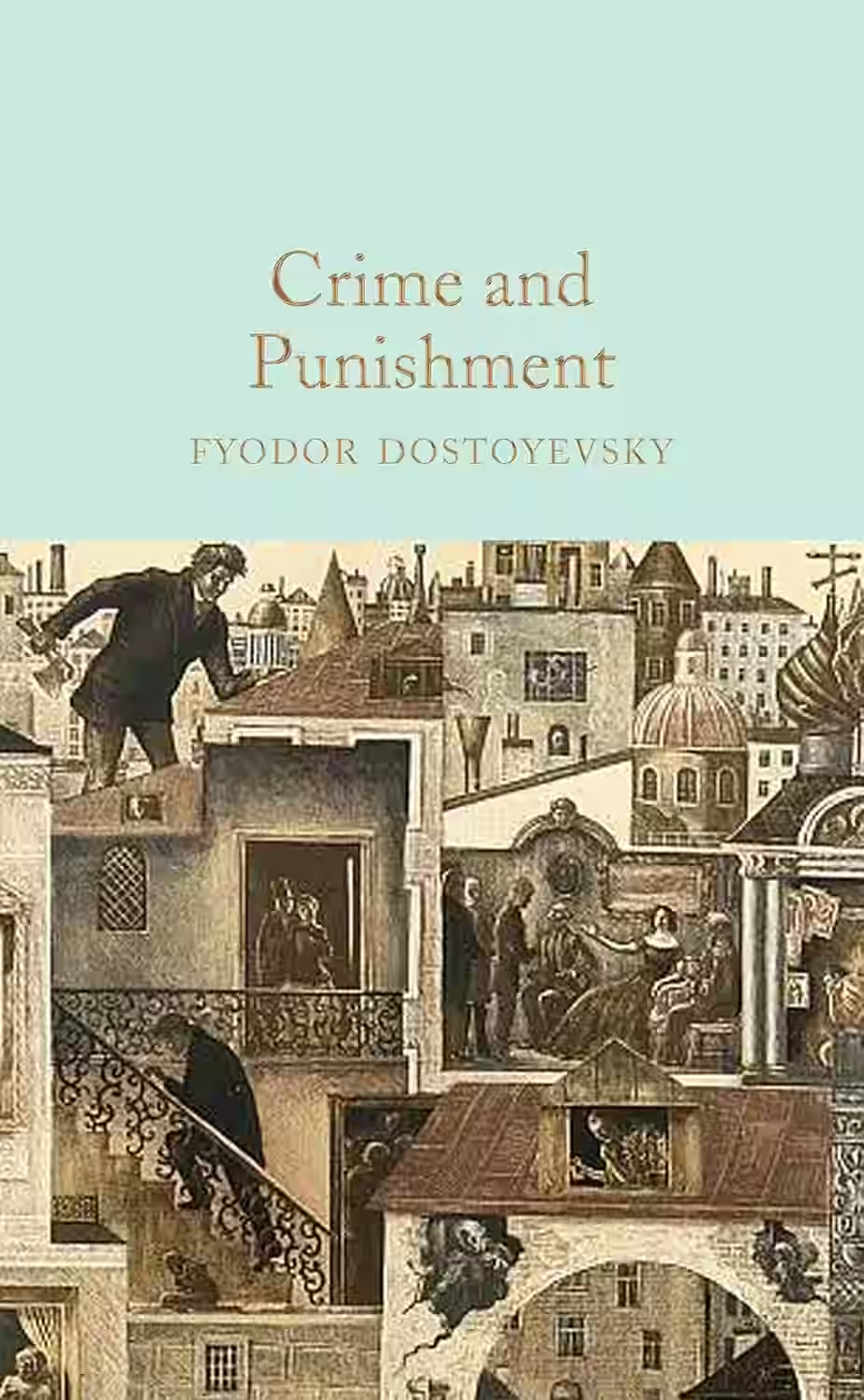
Fyodor Dostoevsky’s Crime and Punishment is a psychological and philosophical novel that follows Raskolnikov, a destitute student in St. Petersburg who murders a pawnbroker. Haunted by guilt and moral conflict, he undergoes a mental and spiritual descent, questioning the nature of justice, free will, and redemption. The novel probes the consequences of rationalizing crime and challenges utilitarian ethics. With intense character study and existential depth, it remains a cornerstone of Russian literature and a profound meditation on conscience and punishment.
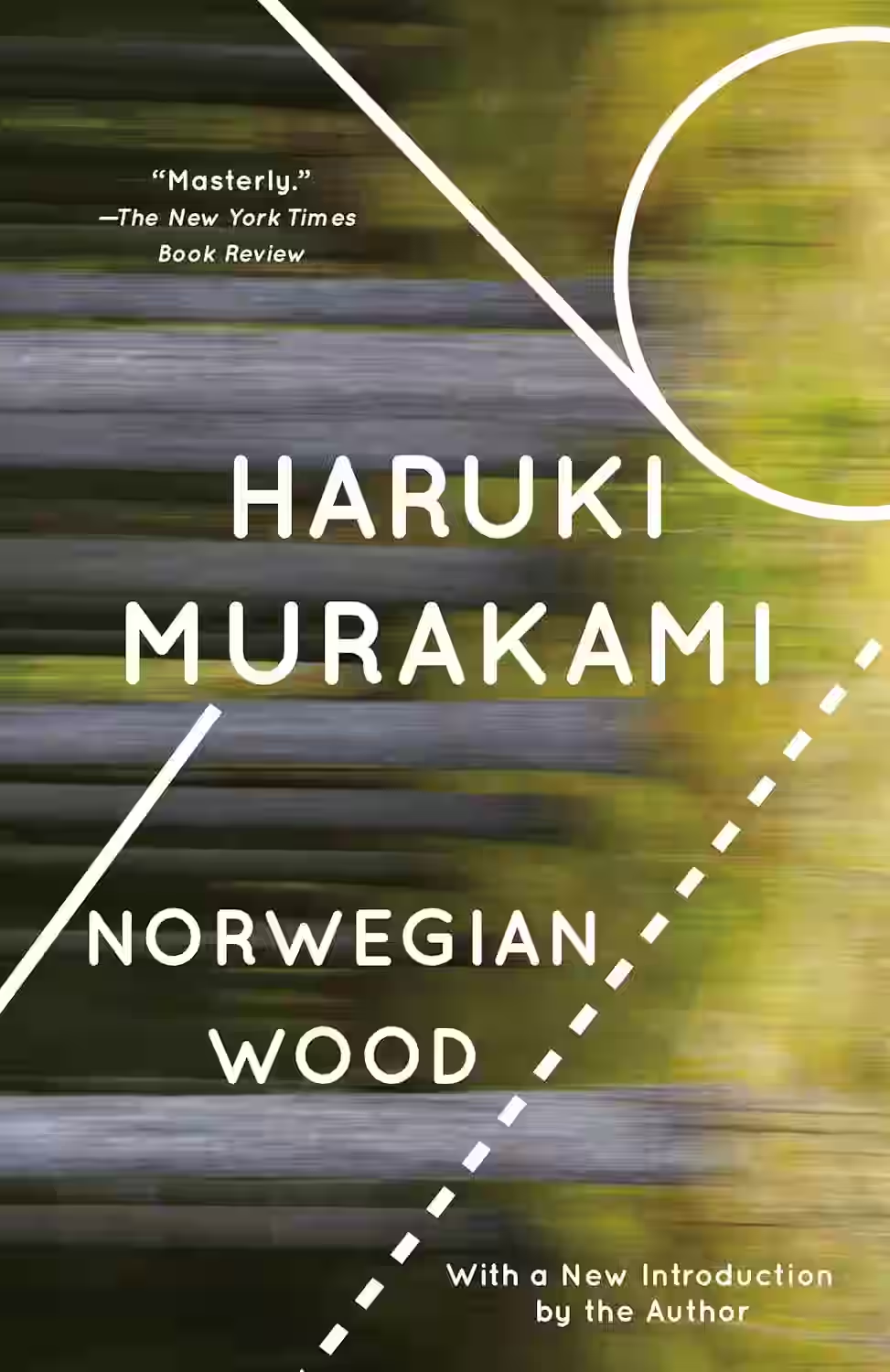
Haruki Murakami's 'Norwegian Wood' is a mesmerizing exploration of love, loss, and coming of age set against the backdrop of 1960s Japan. The novel follows Toru Watanabe as he navigates the complexities of relationships, grappling with themes of loneliness, mental health, and the passage of time. Murakami's lyrical prose weaves a hauntingly beautiful narrative that delves into the human condition with deep introspection. Through poignant storytelling and rich character development, 'Norwegian Wood' captivates readers with its raw emotions and profound insights into the fragility of life and the enduring power of memory.

A student from Boston wins a guest editorship on a national magazine, and finds a new world at her feet. Her New York life is crowded with possibilities, so the choice of future is overwhelming. She is faced with the perennial problems of morality, behaviour and identity. Working in New York one hot summer, Esther Greenwood is on the brink of her future. Yet she is also on the edge of a darkness that makes her world both increasingly unreal and more sharply felt. Plath describes Esther's experience with a searing clarity: the wide-eyed country girls; her sharp-as-nails friend Doreen and her crazed men-friends; hot dinner dances and nights in New York. But it is a vision coloured by breakdown, making this one of the most vivid, troubled novels about the struggle to grow up.

In 'Kafka on the Shore' by Haruki Murakami, the reader is taken on a surreal journey through the intertwined stories of Kafka Tamura, a teenage boy running away from home to escape an Oedipal prophecy, and Nakata, an elderly man with a strange affliction that gives him the ability to communicate with cats. Murakami weaves together elements of magical realism, philosophy, and mythology to create a rich and thought-provoking narrative that explores themes of identity, destiny, and the blurred lines between reality and dreams. As the two protagonists' paths converge, mysteries unravel and secrets are revealed, leading to a profound and contemplative conclusion.
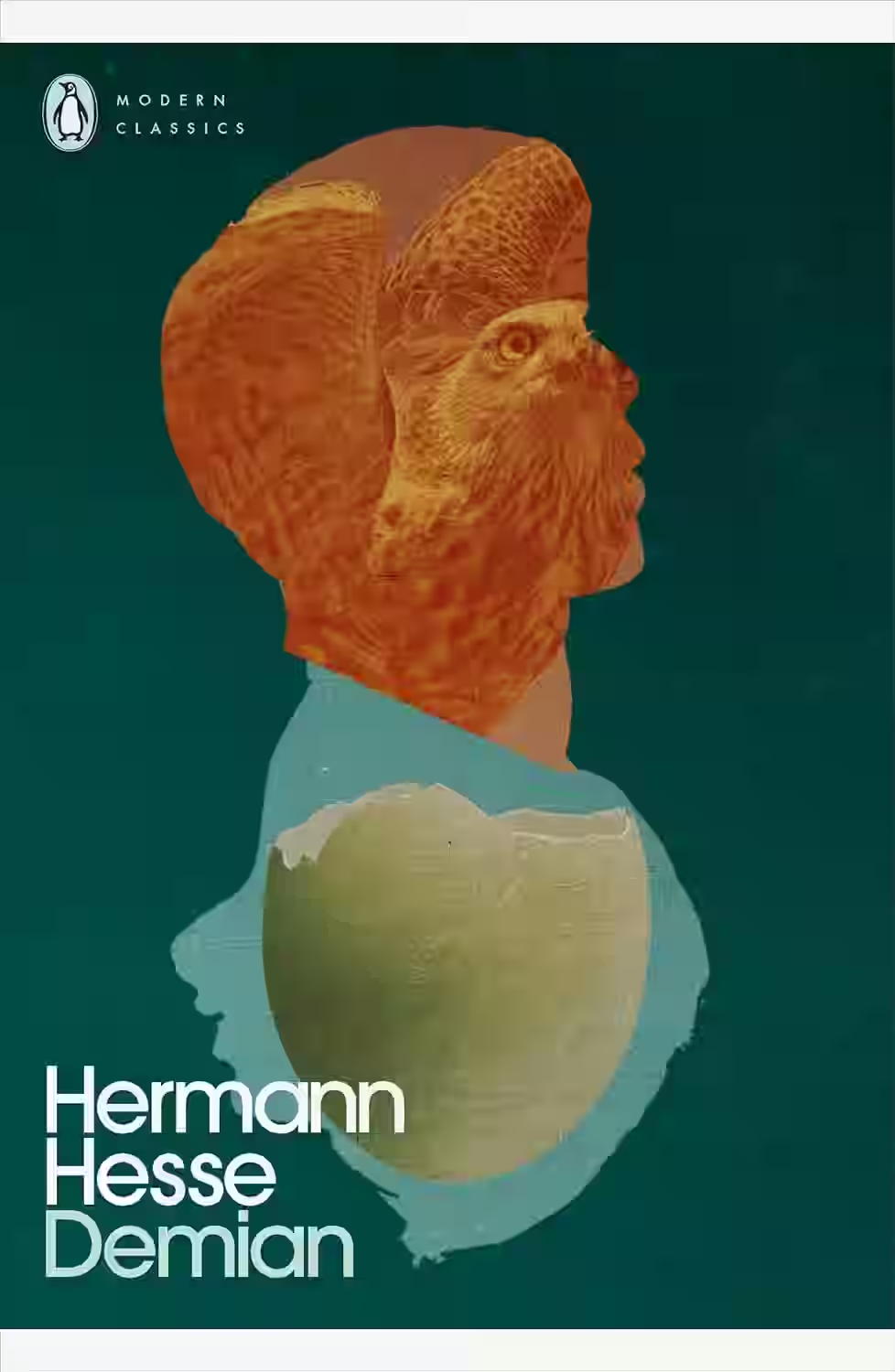
Hermann Hesse's 'Demian' is a captivating coming-of-age novel that delves into the internal struggles and spiritual awakening of the protagonist, Emil Sinclair. Set in pre-World War I Germany, the story follows Sinclair's journey of self-discovery as he navigates the complexities of societal norms, morality, and his own inner darkness. Through his friendship with the enigmatic Max Demian, Sinclair confronts his conflicting desires and confronts the concept of duality within himself. Hesse masterfully weaves themes of individuation, rebellion against conformity, and the search for one's true self in this profound and introspective work.
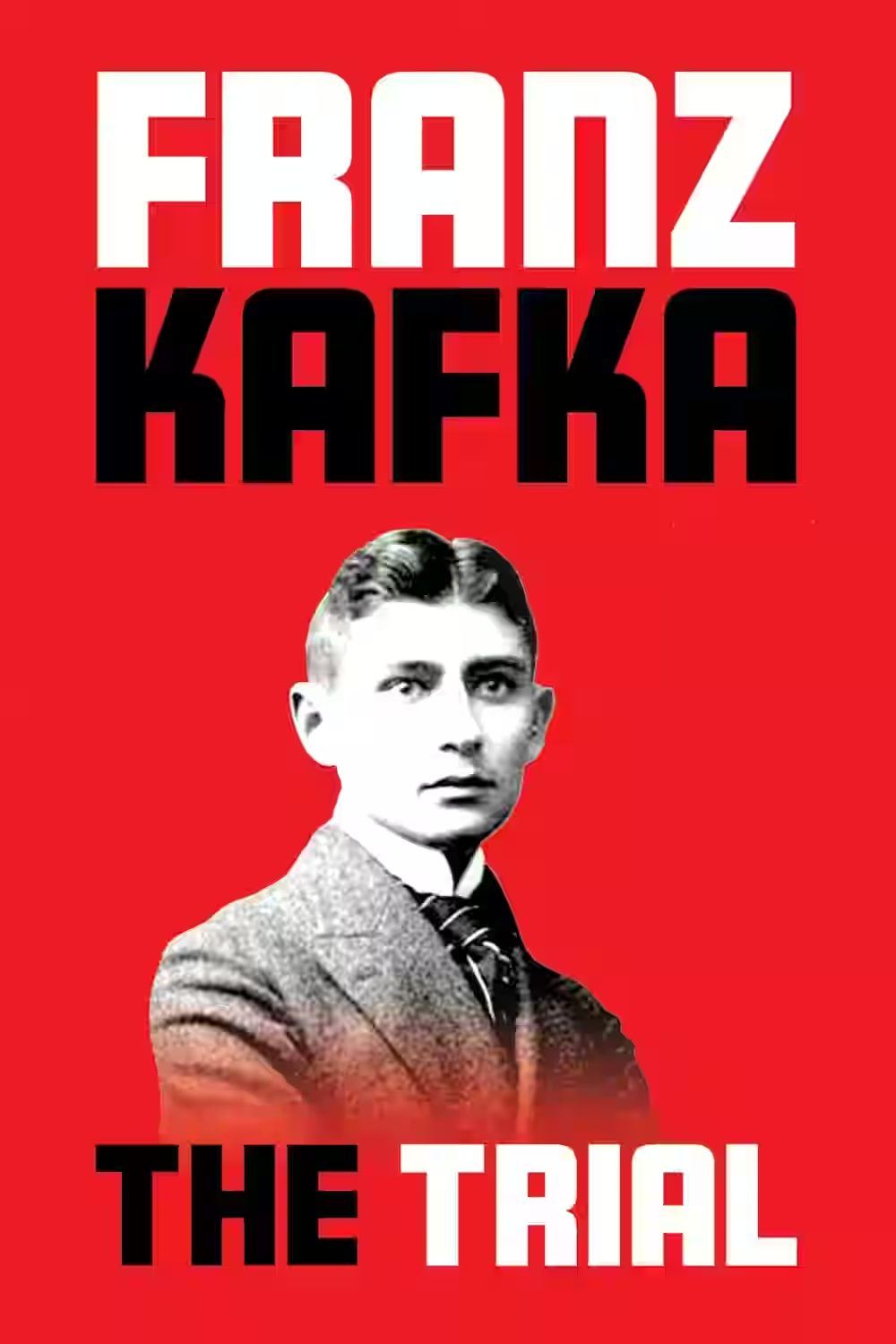
In Franz Kafka's 'The Trial,' readers are drawn into a haunting narrative that delves into themes of bureaucracy, alienation, and the absurdity of the legal system. The story follows Josef K., who is arrested and prosecuted by a mysterious court for a crime that is never disclosed. As he navigates a surreal and nightmarish world where he is confronted by elusive authorities and intricate procedures, Josef K.'s futile search for truth and justice mirrors the existential struggles of modern society. Kafka's enigmatic and atmospheric writing style captivates readers, leaving them pondering the nature of guilt, power, and the individual's place in a dehumanizing society.
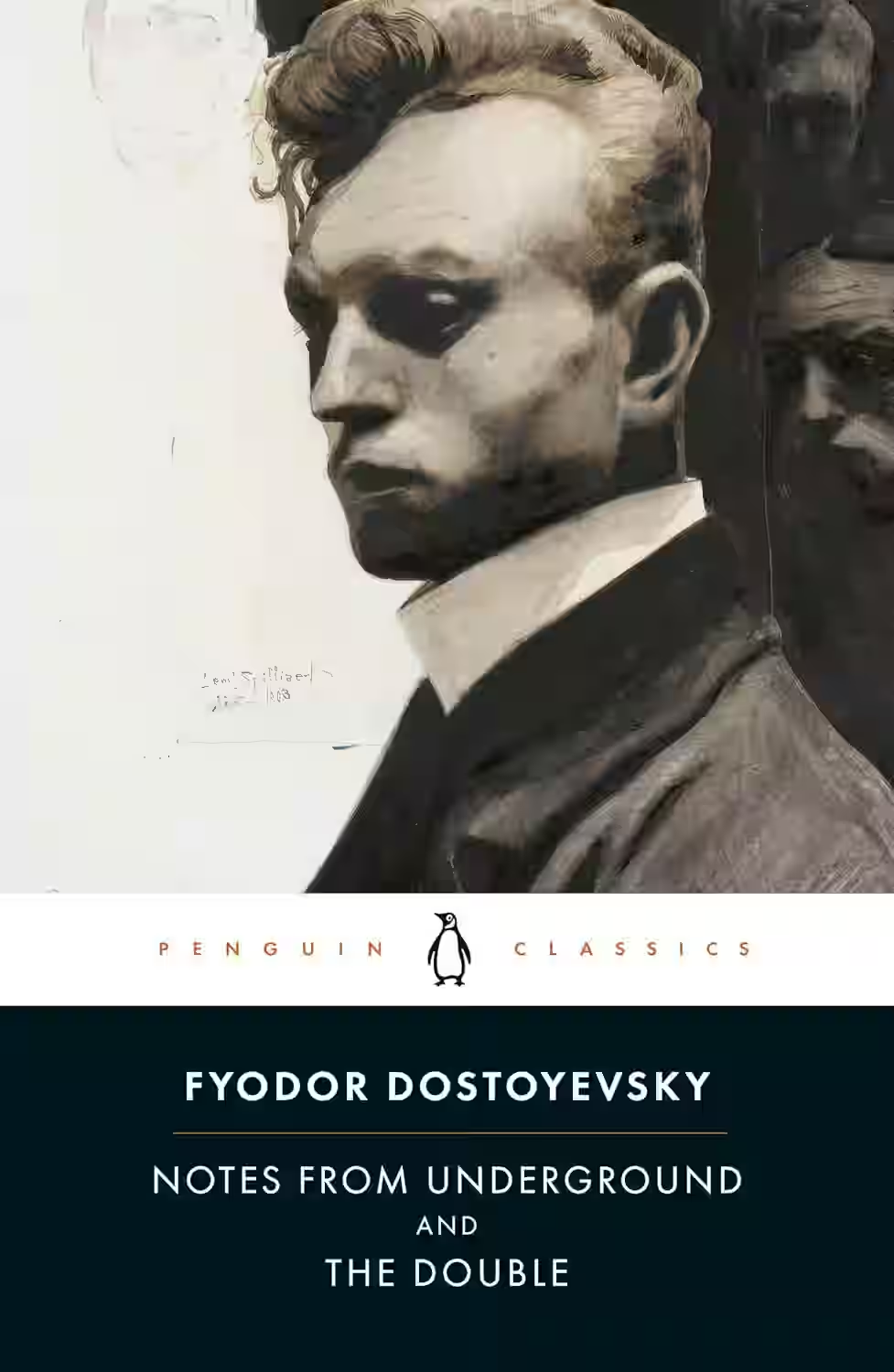
Fyodor Dostoevsky’s 'Notes from Underground' is a profound exploration of the human psyche through the eyes of its bitter and introverted narrator, a retired official who chooses to isolate himself from society. Set in 19th-century St. Petersburg, this seminal work splits into two parts: the narrator's philosophical monologue critiquing the rationalist approach to life and society, followed by his complex interactions and sometimes anger-fueled alienation from others. This novella digs deep into themes of free will, existentialism, and the contradiction inherent in human nature, paving the way for existentialist thought. Dostoevsky crafts an unsettling, yet introspective narrative that resonates deeply with readers confronting the paradoxes and irrationalities of the human condition.

A Wild Sheep Chase, a novel by renowned Japanese author Haruki Murakami, offers a surreal blend of mystery, fantasy, and existential exploration. The book follows an unnamed protagonist, a disenchanted advertising executive, who is tasked with finding a mysteriously powerful sheep with a star-shaped birthmark. As he embarks on this bizarre quest across Japan's landscape, the narrative unfolds into a philosophical meditation on identity, isolation, and the human condition. Murakami's signature style weaves together elements of the supernatural and the ordinary, creating a compelling narrative brimming with symbolic layers and enigmatic characters. Balancing whimsy and depth, the novel challenges readers to ponder the complexities of reality and self-discovery.
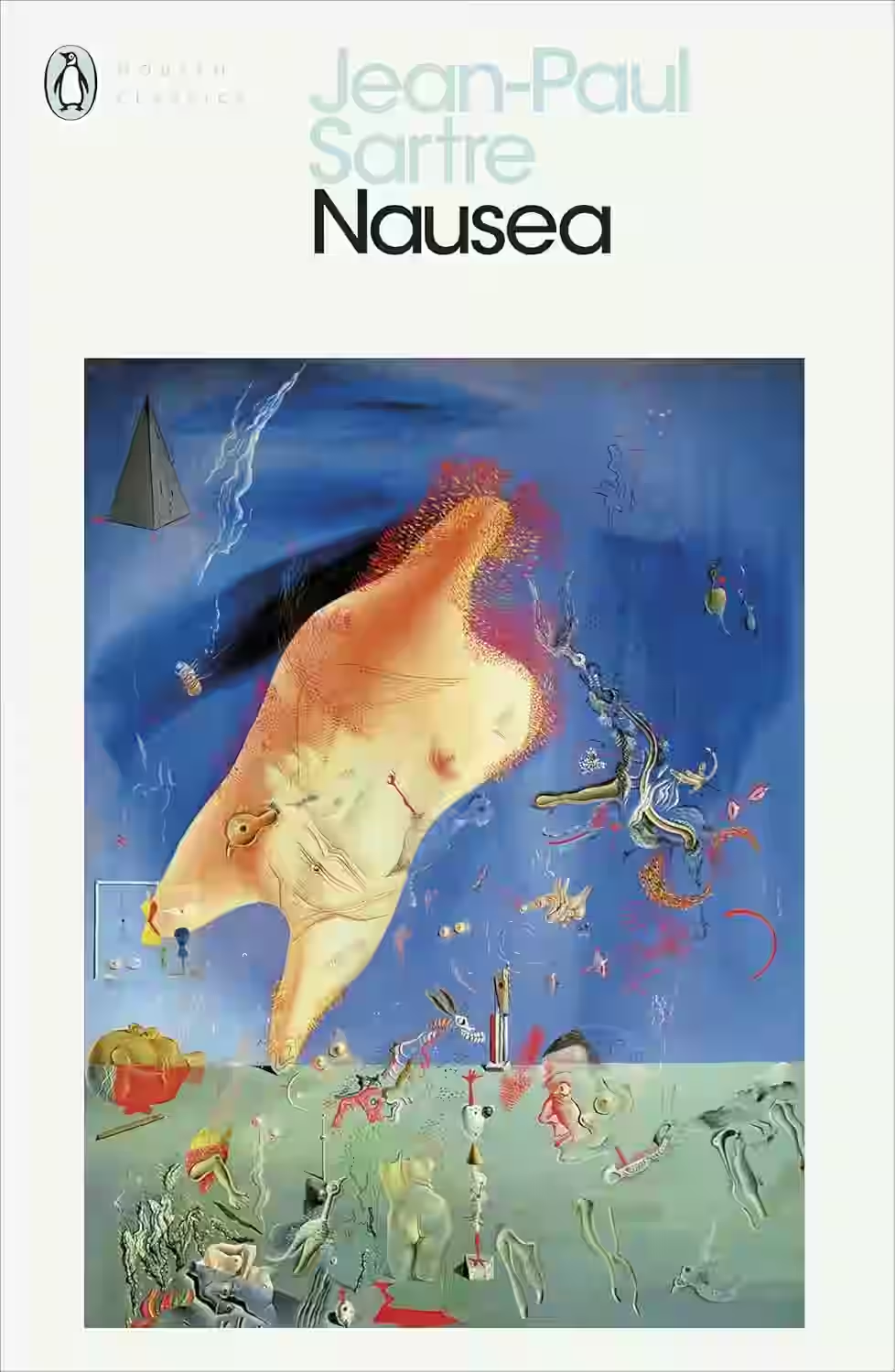
Jean-Paul Sartre's 'Nausea' is a seminal existential novel that delves into the themes of existential angst and the search for meaning in an indifferent universe. Through the introspective diary entries of Antoine Roquentin, a solitary historian residing in the fictional town of Bouville, the novel explores the overwhelming sensation of 'nausea'—a profound discomfort and disorientation felt as he confronts the absurdity of existence. Sartre's nuanced philosophical insights underscore the fluid and often despairing nature of human consciousness, making the narrative a cornerstone of existential literature. 'Nausea' invites readers to ponder deeply their own existence and the essence of freedom, responsibility, and self-definition in a world devoid of inherent meaning.

Yukio Mishima's "Confessions of a Mask" is a poignant work that delves into the human psyche, exploring themes of identity, sexuality, and the societal masks people wear. Set in post-war Japan, the novel follows the introspective journey of Kochan, a boy who grows into adolescence grappling with his homosexuality in a conformist society. Mishima's poetic yet stark prose vividly captures Kochan's internal struggles and his attempt to reconcile his true self with the expectations imposed on him by tradition and culture. The book offers a raw, sometimes disturbing look at the nature of desire and the performance of self, making it a compelling read that resonates with anyone who has ever felt like an outsider. "Confessions of a Mask" remains a seminal work for its deep psychological analysis and its courageous exploration of themes that challenge societal norms.